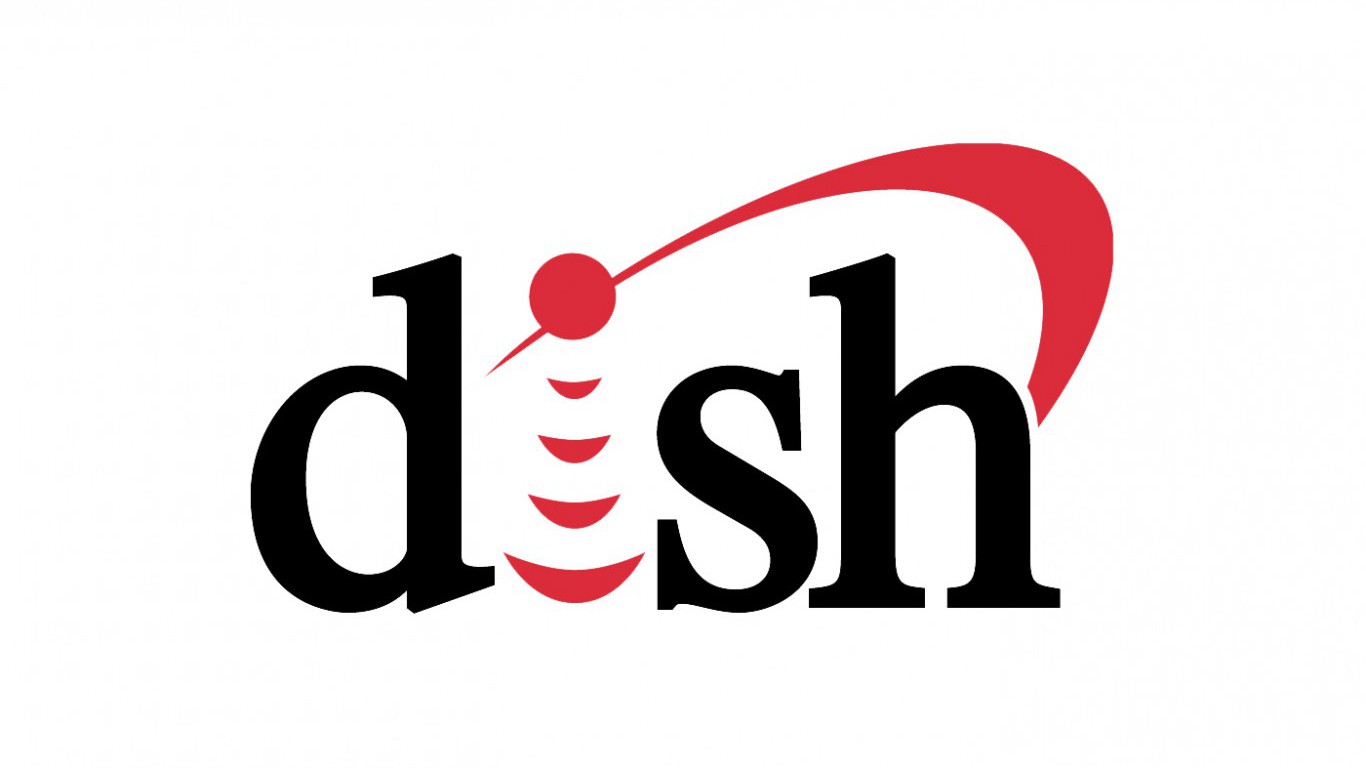Telecom & Wireless
Sprint, T-Mobile Merger Now in Charlie Ergen's Hands?

Published:
Last Updated:

In mid-October, the U.S. Federal Communications Commission (FCC) voted three to two in favor of the $26.5 billion merger of T-Mobile US Inc. (NASDAQ: TMUS) and Sprint Corp. (NYSE: S). There is a gotcha, however: the two companies had to follow through on a promise to create a fourth wireless carrier to replace the one lost through the merger.
That condition is to be met by the sale of Sprint’s prepaid business and spectrum assets to Dish Network Inc. (NASDAQ: DISH) for $5 billion. Dish would also have access to T-Mobile’s wireless network and would become the fourth wireless carrier, joining Verizon Communications Inc. (NYSE: VZ), AT&T Inc. (NYSE: T) and the newly merged T-Mobile/Sprint. It’s never been terribly clear just how creating a fourth wireless carrier out of whole cloth will maintain the FCC’s goal of having four competing wireless carriers. Where’s the magic in the number “four?” And, more important, will Dish really be a viable competitor to the big three?
State attorneys general, led by Letitia James of New York and Xavier Becerra of California, have filed suit to stop the merger, citing concerns that it will reduce competition and push up prices for consumers. Texas, Nevada, Colorado and Mississippi have dropped out of the lawsuit after reaching separate settlements with T-Mobile. A trial starts Monday in New York and, according to the New York Post, the 14 remaining attorneys general plan to raise the issue of Dish CEO Charlie Ergen’s trustworthiness. The Post cited an unnamed source who said the plaintiffs will argue that Ergen “never plays by the rules.”
The primary exhibit for the attorneys general is Dish’s failure to live up to agreements it made with the FCC when it was buying up spectrum at government auctions in 2008, 2013 and 2014. Dish failed to meet a 2018 deadline to build out a wireless network to serve 40% of the U.S. population. It is almost certain to fail in a second promise to offer cellular service in 70% of the United States by 2023, an extension from the original 2020 deadline.
By doing nothing so far to build out Dish’s promised network, Ergen is being accused of holding on to valuable spectrum property and waiting for an opportunity to sell it at a much higher price than he paid for it. The New York Post cited sources who said the Dish agreement to offer cellular service to 70% of the country by 2023 or make a $2.2 billion “contribution” to the U.S. Treasury is voluntary. And Dish only stands to lose the $1.5 billion for the prepaid mobile businesses it will acquire from T-Mobile/Sprint. The other $3.5 billion in the deal bought more spectrum to add to Dish’s bank account.
Investors took Sprint shares down about 3% to$5.36 in early trading Monday. The stock’s 52-week range is $5.35 to $8.06, and the low was posted earlier Monday.
T-Mobile stock traded down about 0.5%, at $77.32 in a 52-week range of $59.96 to $85.22. The stock’s 12-month consensus price target is $89.00.
Dish Network traded essentially flat at $33.60 a share, in a 52-week range of $23.22 to $44.66. The stock’s 12-month consensus price target is $41.73.
Are you ahead, or behind on retirement? For families with more than $500,000 saved for retirement, finding a financial advisor who puts your interest first can be the difference, and today it’s easier than ever. SmartAsset’s free tool matches you with up to three fiduciary financial advisors who serve your area in minutes. Each advisor has been carefully vetted and must act in your best interests. Start your search now.
If you’ve saved and built a substantial nest egg for you and your family, don’t delay; get started right here and help your retirement dreams become a retirement reality.
Thank you for reading! Have some feedback for us?
Contact the 24/7 Wall St. editorial team.